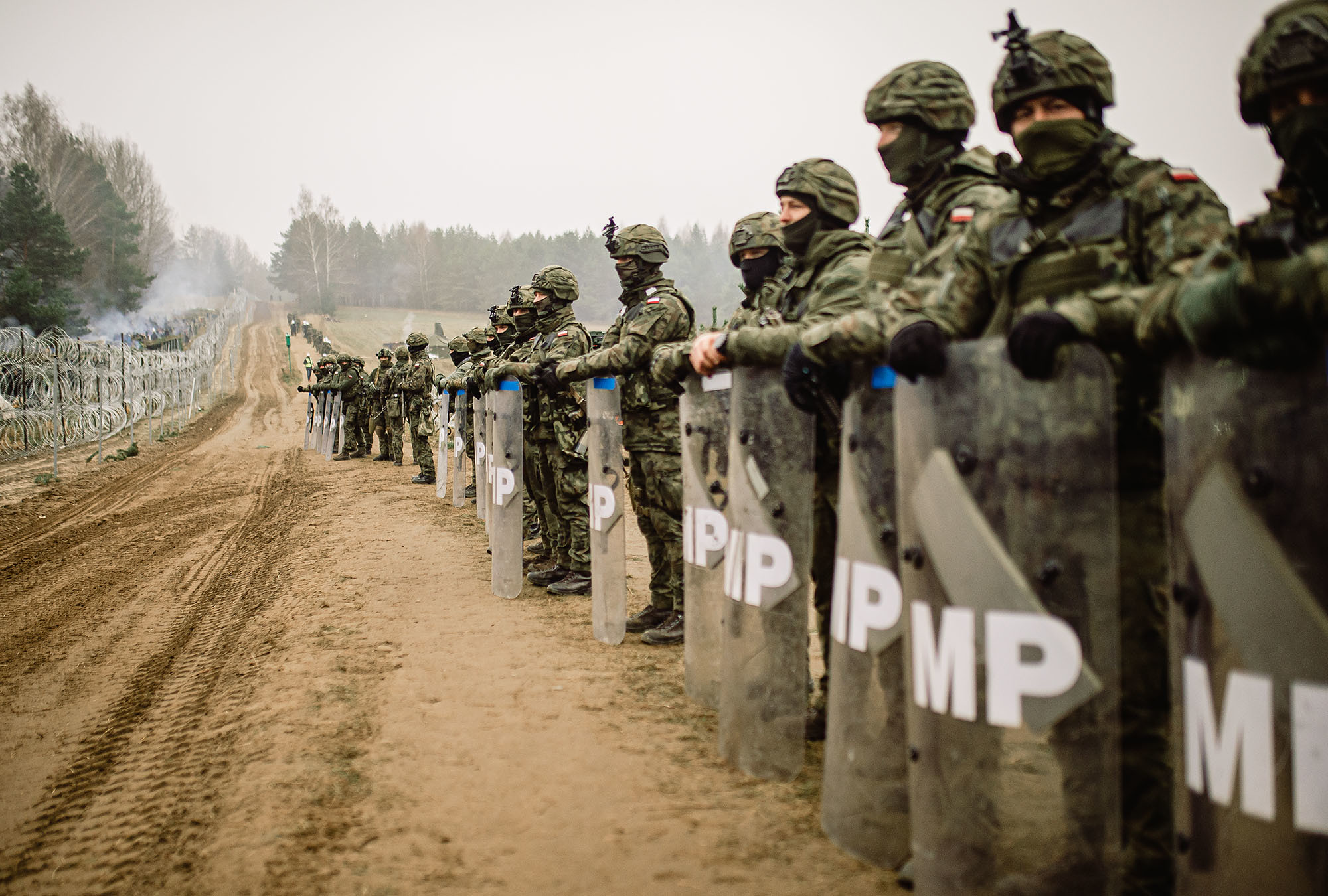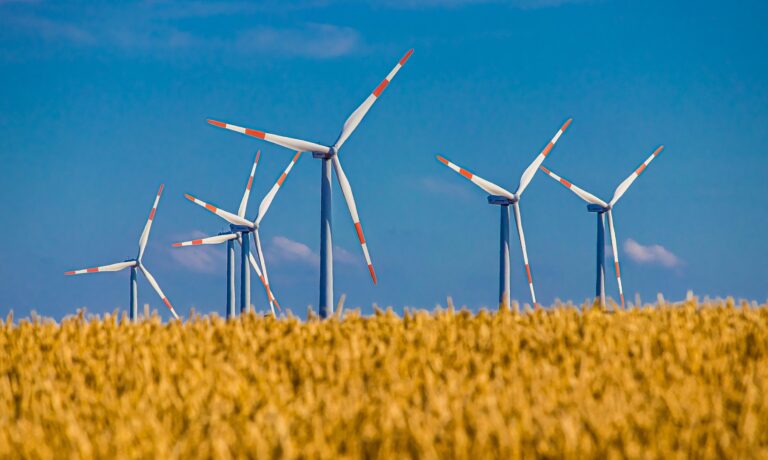China’s “Strategic Silence” on the Poland-Belarus Border Crisis

This article is part of a series of articles authored by young, aspiring China scholars under the Future CHOICE initiative.
At the beginning of December, Belarusian ruler Alexander Lukashenko signed Directive No.9, a law aimed at further development of a Sino-Belarusian strategic partnership. At the same time, this very partnership has become a victim of Minsk’s deteriorating relationship with the European Union.
Specifically, China froze its tranche of credit meant for the construction of the Slavkalyi potash plant in response to Western sanctions directed at Belarusian financial institutions. To make things even more complicated, the Poland-Belarus border crisis has done near-irrevocable damage to the EU-Belarus relationship.
While the current crisis can be traced back to the summer of 2021 and the present state of emergency at the Polish border was declared by the Polish State Authorities in September, it was not until November that the crisis made it to the headlines of international newspapers. Press attention only rose to an appropriate level after Polish Prime Minister Morawiecki straightforwardly claimed that the “migrants are used by Belarus as a weapon” and stressed Poland’s determination to protect its border. Importantly, this is not only Poland’s border, but the eastern limit of both the EU and NATO.
Ultimately, the high ranking EU officials supported Poland, with the President of the European Council Charles Michel expressing the EU’s solidarity with Poland and European Commission head Ursula von den Leyen describing the situation as an “attempt of an authoritarian regime to try to destabilize its democratic neighbors.”
Meanwhile, China remained, with the exception of only a few sporadic and oblique references, silent regarding the crisis.
“Special” Relationship
In 2020, amid protests in Belarus sparked by the disputed election result, the EU and China drifted apart on the issue. The EU rejected the results of the elections, while China accepted them, with Chinese President Xi Jinping being the first foreign leader to congratulate Alexander Lukashenko on his 6th presidential ‘election victory’.
Meanwhile, the Chinese Foreign Ministry spokesperson declared that “China always respects the development path chosen by the people of Belarus.” He further added: “We are confident that political stability and social tranquility will be restored under the leadership of President Lukashenko.”
China’s stance on protests in Belarus was, however, not at all surprising, given Beijing’s long-standing opposition to the so-called “color revolutions”. Due to domestic but also foreign policy considerations, Beijing has often portrayed democratization movements abroad as bringing chaos and instability. This is also the case of Belarus, where the Global Times insinuated it was “outside forces” standing behind the anti-Lukashenka protests that were “creating division and instability in the country.” This view was confirmed by the Chinese State Councilor and Foreign Minister, who claimed that Moscow and Beijing were meant to cooperate on fighting color revolutions.
While China opposes the external pressure aimed at the change of the Belarusian political system and the rapid transformations sparked by revolutions in general, Minsk’s alienation from the West is not in China’s very economic interest. Belarus is an important component of China’s flagship Belt and Road Initiative, for it is the so-called “bridge” between Europe and Asia. In 2015, Xi Jinping himself emphasized the country’s importance by referring to Belarus as “an essential part in Europe-Asia land transportation.”
In this context, Belarusian railways play a crucial role, for they enable the transport of goods through the most efficient trans-Siberian corridor to Europe. As a matter of fact, the tense relationship between Kyiv and Moscow, which manifests itself in the war in Donbas, is what left Beijing without a viable alternative route to the EU.
Apart from the economic interests, as the author argued elsewhere, the “congruence of beliefs about the desired nature of contemporary world order” is what connects Beijing and Minsk, with both countries opposing the American-led international liberal world order based on the universal idea of individual human rights.
However, as argued by Chinese scholar Xin Zhang, China’s support for Lukashenko is not unequivocal, as Beijing is not ready to support his reign over the country at any price. As the case study of the Slavkalyi potash plant demonstrated, China may, in some cases, decide to act in accordance with the Belarus sanctions. In this instance, Beijing avoided direct support for the country’s potash industry. As Minsk is highly dependent upon this economic sector, the lack of support is most certainly notable.
Inconvenient Crisis
Clearly, relations between the EU and Belarus deteriorated most rapidly and visibly as a result of the protests in Belarus. In the aftermath, the bloc introduced significant sanctions against the country. In Lukashenko’s own words, Belarus was not able to prevent illegal migration to the EU due to these very sanctions. Minsk did not have the “money and power” to do anything to prevent the situation, or so the argument goes.
By contrast, China did not support nor condemn the leader of Belarus. Instead, Beijing maintained its focus on the humanitarian issues that emerged in the nation. Specifically, on November 16, 2021, the Chinese Foreign Ministry Spokesperson stated that “[w]e hope that relevant sides will, on the basis of equality and mutual respect, properly handle the issue through dialogue and consultation following the humanitarian principle. China opposes wanton use or threat of unilateral sanctions in international affairs.” Furthermore, Global Times highlighted the dangers of the situation’s escalation, especially in the case of Poland’s decision to cut off the rail link between Warsaw and Minsk, as the possibility was mentioned by the Polish state authorities.
Meanwhile, the Chinese Ministry of Foreign Affairs issued several statements regarding the Lithuania-Belarus border crisis and highlighted the violations of refugees’ rights by the Lithuanian government as well as called for Vilnius’s adherence to international law. Yet, China’s response is probably more linked to the recent opening of the Taiwan Representative Office in Lithuania rather than being an effort to support Minsk.
In the eyes of Beijing, Lukashenko’s deteriorating relationship with the EU gives rise to a dilemma, as it threatens the “bridge” between Asia and Europe. The current border crisis is even more inconvenient, as the case of the rail link showcased, it might have potentially jeopardized China’s economic interests.
Unsolved Dilemma
On the other hand, China opposes the EU’s economic pressure on Minsk, which stems from the bloc’s desire to influence the political system of Belarus. Both China and Belarus question the international order based on western political values, making them natural ideological allies.
In the face of the present dilemma, the decision-makers in Beijing decided to adopt the “strategic silence” approach and support neither Belarus nor the EU. This decision stems from the fact that Beijing needs to achieve two goals: a stable situation in Belarus and a positive Belarus-EU relationship.
However, for as long as Alexander Lukashenko governs Belarus as an unchallenged autocrat, the second challenge seems insurmountable. In the end, Minsk appears to be on a collision course with Brussels, making Beijing’s stance increasingly difficult to maintain.
Written by
Solomiya Kharchuk
Solomiya Kharchuk is a PhD student in Political Science at University of Wroclaw. Previously, she was a consultant at the Honorary Consulate of Ukraine in Wroclaw.


